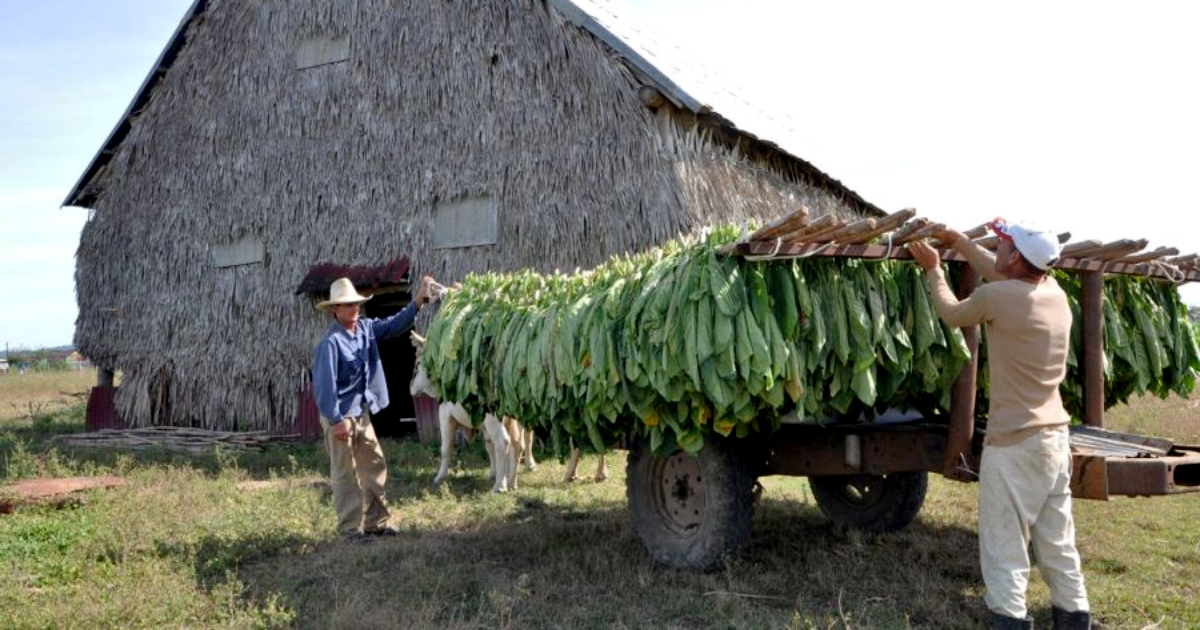
Former queen of the best tobacco in the world, the production and quality of the mythical leaf has decreased in Cuba, which now expert tasters locate in Las VegasDominican Republic.
The neighboring Caribbean island has emerged as a formidable competitor in the luxury cigar industry, surpassing Cuba and earning the title of the new birthplace of premium cigars, a path achieved through decades of effort, research and investment.
While in 2022 Habanos SA reported revenues of $545 million (a modest 2% increase over the previous year), the Dominican Republic achieved sales of around $1 billion for the third consecutive year, making cigars its fifth largest export.
The rise of the Dominican Republic as a leader in cigar production began in 1959, when the Cuban regime nationalized the tobacco industry. Despite beginning its decline with this measure, Cuban tobacco remained a world benchmark of excellence for decades.
But the tables have turned and the neighboring country opted for a significant increase in the production of machine-made and hand-made cigars, creating more than 50 factories and generating employment for more than 120,000 people.
In addition to machine-made cigars, Dominicans put all their efforts into also leading the production of luxury hand-made cigars, competing with the famous Cuban brands.
The Dominican Republic's success is due to its focus on quality and innovation, driven by private capital in contrast to state production in Cuba.
Furthermore, according toThe Spectator, the US ban on importing Cuban cigars has benefited the Dominican Republic, as the United States is the world's largest market for the sale of cigars.
Natural disasters and the loss of veteran cigar masters have ruined what was one of the most profitable industries in Cuba, along with the political decisions of a communist regime that have affected the entire productive and service economy on the Island.
The growing global cigar shortage has also benefited Dominicans, as global retailers have increased their stocks of Dominican cigars, in contrast to poor Cuban tobacco production.
Formerly known as mild cigars, Dominicans have given way to a wide range of blends and flavor profiles, achieving such a variety of cigars that they satisfy the demands of every palate, from beginners to seasoned aficionados.
Commitment to quality, investment and innovation in the tobacco industry have led the Dominican Republic to dethrone Cuba as the producer of the best tobacco in the world, becoming the new epicenter of Premium cigars, and offering a variety of options that They delight connoisseurs around the world.
The main economic activity of the Dominican Republic istourism, with a wide range of hotels located mainly on its beautiful beaches. Behind the income from tourism are those that come from remittances.
Agriculture, once the main source of wealth, remains an important source of resource generation, with important crops such as sugar cane, rice, cassava, cocoa, coffee, tobacco, tomatoes, bananas, mangoes and plantains.
In 2021, the most exported product continued to be gold, which generated revenues of $1,831 million that year.(in contrast to Cuba's 568 million). Behind these exports, medical instruments and devices generated 1,110 million dollars, followed by the export of cigarettes, which reached 1,053 million dollars in 2021.
The Dominican Republic has the largest economy in the Caribbean and Latin America and is known for its positive attitude towards foreign investment. It has a solid financial sector and a very well-organized business community. According to the World Bank, it is the country that received the largest amount of foreign direct investment in the Caribbean in 2012.
What do you think?
SEE COMMENTS (2)Filed in: